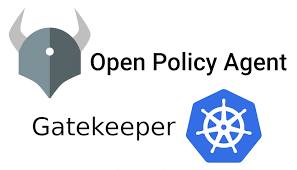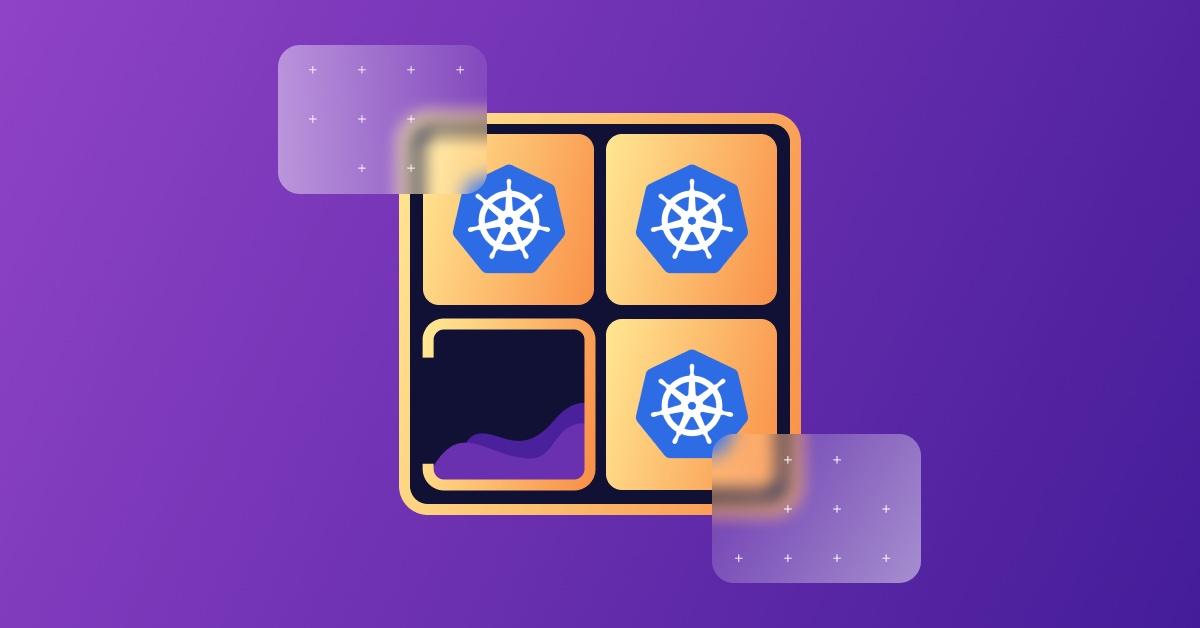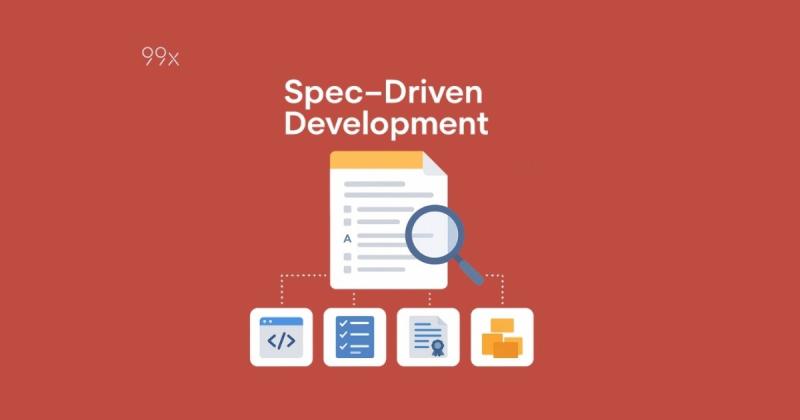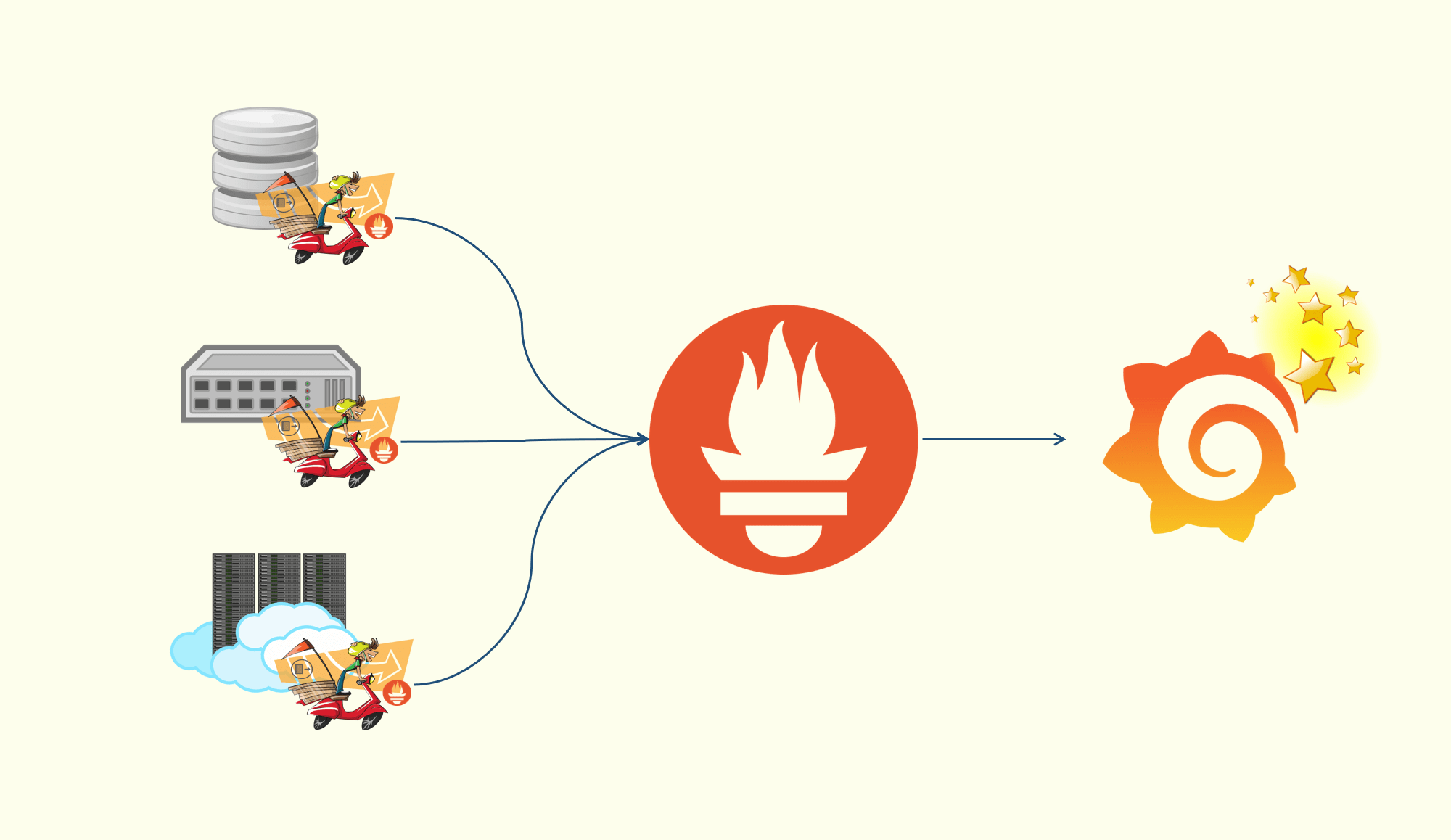Security - OPA Operation
Configuration
Example
1 | $ opa run -s -c config.yaml |
1 | $ opa run --server \ |
1 | services: |
Environment Variable Substitution
Only supported with the OPA runtime (
opa run).
Environment variables referenced with the${...}notation within the configuration will be replaced with the value of the environment variable.
1 | services: |
The environment variables
BASE_URLandBEARER_TOKENwill be substituted in when the config file is loaded by the OPA runtime.
If the variable is undefined then an empty string ("") is substituted. It will not raise an error.
CLI Runtime Overrides
Only supported with the OPA runtime (
opa run).
- Using
opa runthere are CLI options to explicitly set config values. These will override any values set in the config file. - There are two options to use:
--setand--set-file- Both options take in a key=value format where the key is a selector for the yaml config structure
- Multiple values can be specified with comma separators (
key1=value,key2=value2,..). Or with additional--setparameters.
1 | $ opa run \ |
This is equivalent to a YAML config file that looks like
1 | services: |
The
--set-fileoption is expecting a file path for the value.
This allows keeping secrets in files and loading them into the config at run time.
With a file
/var/run/secrets/bearer_token.txt
1 | bGFza2RqZmxha3NkamZsa2Fqc2Rsa2ZqYWtsc2RqZmtramRmYWxkc2tm |
Then using the
--set-fileflag for OPA
It will read the contents of the file and set the config value with the token.
1 | $ opa run --set-file "services.acmecorp.credentials.bearer.token=/var/run/secrets/bearer_token.txt" |
Override Limitations
Lists
If using arrays/lists in the configuration the
--setand--set-fileoverrides will not be able to patch sub-objects of the list.
They will overwrite the entire index with the new object.
For example, a
config.yamlfile with contents:
1 | services: |
Used with overrides:
1 | $ opa run \ |
Will result in configuration like:
1 | services: |
Because the entire
0index was overwritten.
It is highly recommended to use objects/maps instead of lists for configuration for this reason.
Remote Bundles Override Shorthand
When running the server to quickly try a remote public bundle, you may find it convenient to provide the URL of the bundle directly, rather than via repeated
--setflags
1 | $ opa run -s https://example.com/bundles/bundle.tar.gz |
The above shorthand command is identical to:
1 | $ opa run -s --set "services.cli1.url=https://example.com" \ |
Empty objects
If you need to set an empty object with the CLI overrides, for example with plugin configuration like:
1 | decision_logs: |
You can do this by setting the value with
null. For example:
1 | $ opa run --set "decision_logs.plugin=my_plugin" --set "plugins.my_plugin=null" |
Keys with Special Characters
If you have a key which contains a special character (
=,[,,,.), likeopa.example.com,
and want to use the--setor--set-fileoptions you will need to escape the character with a backslash (\).
For example a config section like:
1 | services: |
Could be specified with something like:
1 | --set services.opa\.example\.com.url=https://opa.example.com |
Note that when using it in a shell you may need to put it in quotes or escape the
\character too. For example:
1 | --set services."opa\.example\.com".url=https://opa.example.com |
or
1 | --set services.opa\\.example\\.com.url=https://opa.example.com |
Services
Services represent endpoints that implement one or more control plane APIs such as the Bundle or Status APIs.
OPA configuration files may contain multiple services.
| Field | Type | Required | Description |
|---|---|---|---|
services[_].name |
string | Yes | Unique name for the service. Referred to by plugins. |
services[_].url |
string | Yes | Base URL to contact the service with. |
services[_].response_header_timeout_seconds |
int64 | No (default: 10) | Amount of time to wait for a server’s response headers after fully writing the request. This time does not include the time to read the response body. |
services[_].headers |
object | No | HTTP headers to include in requests to the service. |
services[_].tls.ca_cert |
string | No | The path to the root CA certificate. If not provided, this defaults to TLS using the host’s root CA set. |
services[_].tls.system_ca_required |
bool | No (default: false) |
Require system certificate appended with root CA certificate. |
services[_].allow_insecure_tls |
bool | No | Allow insecure TLS. |
services[_].type |
string | No (default: empty) | Optional parameter that allows to use an “OCI” service type. This will allow bundle and discovery plugins to download bundles from an OCI registry. |
Services can be defined as an array or object. When defined as an object, the object keys override the
services[_].namefields. For example:
1 | services: |
Is equivalent to
1 | services: |
Each service may optionally specify a credential mechanism by which OPA will authenticate itself to the service.
Credential
Bearer Token
- OPA will authenticate using the specified bearer token and schema
- to enable bearer token authentication, either the token or the path to the token must be specified.
- If the latter is provided, on each request OPA will re-read the token from the file and use that token for authentication.
Client TLS Certificate
- OPA will present the specified TLS certificate to authenticate.
- The paths to the client certificate and the private key are required;
- the passphrase for the private key is only required if the private key is encrypted.
OAuth2 Client Credentials
- OPA will authenticate using a bearer token obtained through the OAuth2 client credentials flow.
- Following successful authentication at the token endpoint the returned token will be cached for subsequent requests for the duration of its lifetime.
- Note that as per the OAuth2 standard, only the HTTPS scheme is supported for the token endpoint URL.
OAuth2 Client Credentials JWT authentication
- OPA will authenticate using a bearer token obtained through the OAuth2 client credentials flow.
- Rather than providing a client secret along with the request for an access token, the client asserts its identity in the form of a signed JWT.
- Following successful authentication at the token endpoint the returned token will be cached for subsequent requests for the duration of its lifetime.
- Note that as per the OAuth2 standard, only the HTTPS scheme is supported for the token endpoint URL.
OAuth2 JWT Bearer Grant Type
- OPA will authenticate using a bearer token obtained through the OAuth2 JWT authorization grant flow.
- Rather than providing a client secret along with the request for an access token, the client asserts its identity in the form of a signed JWT.
- Following successful authentication at the token endpoint the returned token will be cached for subsequent requests for the duration of its lifetime.
- Note that as per the OAuth2 standard, only the HTTPS scheme is supported for the token endpoint URL.
Miscellaneous
| Field | Type | Required | Description |
|---|---|---|---|
labels |
object | Yes | Set of key-value pairs that uniquely identify the OPA instance. Labels are included when OPA uploads decision logs and status information. |
default_decision |
string | No (default: /system/main) |
Set path of default policy decision used to serve queries against OPA’s base URL. |
default_authorization_decision |
string | No (default: /system/authz/allow) |
Set path of default authorization decision for OPA’s API. |
persistence_directory |
string | No (default $PWD/.opa) |
Set directory to use for persistence with options like bundles[_].persist. |
plugins |
object | No (default: {}) |
Location for custom plugin configuration. |
nd_builtin_cache |
boolean | No (default: false) |
Enable the non-deterministic builtins caching system during policy evaluation, and include the contents of the cache in decision logs. Note that decision logs that are larger than upload_size_limit_bytes will drop the nd_builtin_cache key from the log entry before uploading. |
Caching
Caching represents the configuration of the inter-query cache that built-in functions can utilize.
| Field | Type | Required | Description |
|---|---|---|---|
caching.inter_query_builtin_cache.max_size_bytes |
int64 | No | Inter-query cache size limit in bytes. OPA will drop old items from the cache if this limit is exceeded. By default, no limit is set. |
Bundles
- Bundles are defined with a key that is the
nameof the bundle.- This
nameis used in the status API, decision logs, server provenance, etc.
- This
- Each bundle can be configured to verify a bundle signature using the
keyidandscopefields.- The
keyidis the name of one of the keys listed under the keys entry.
- The
- Signature verification fails if the
bundles[_].signingfield is configured on a bundle but no.signatures.jsonfile is included in the actual bundle gzipped tarball.
| Field | Type | Required | Description |
|---|---|---|---|
bundles[_].resource |
string | No (default: bundles/<name>) |
Resource path to use to download bundle from configured service. |
bundles[_].service |
string | Yes | Name of service to use to contact remote server. |
bundles[_].polling.min_delay_seconds |
int64 | No (default: 60) |
Minimum amount of time to wait between bundle downloads. |
bundles[_].polling.max_delay_seconds |
int64 | No (default: 120) |
Maximum amount of time to wait between bundle downloads. |
bundles[_].trigger |
string (default: periodic) |
No | Controls how bundle is downloaded from the remote server. Allowed values are periodic and manual. |
bundles[_].polling.long_polling_timeout_seconds |
int64 | No | Maximum amount of time the server should wait before issuing a timeout if there’s no update available. |
bundles[_].persist |
bool | No | Persist activated bundles to disk. |
bundles[_].signing.keyid |
string | No | Name of the key to use for bundle signature verification. |
bundles[_].signing.scope |
string | No | Scope to use for bundle signature verification. |
bundles[_].signing.exclude_files |
array | No | Files in the bundle to exclude during verification. |
bundles[_].size_limit_bytes |
int64 | No (default: 1073741824) |
Size limit for individual files contained in the bundle. |
Status
| Field | Type | Required | Description |
|---|---|---|---|
status.service |
string | Yes | Name of service to use to contact remote server. |
status.partition_name |
string | No | Path segment to include in status updates. |
status.console |
boolean | No (default: false) |
Log the status updates locally to the console. When enabled alongside a remote status update API the service must be configured, the default service selection will be disabled. |
status.prometheus |
boolean | No (default: false) |
Export the status (bundle and plugin) metrics to prometheus. When enabled alongside a remote status update API the service must be configured, the default service selection will be disabled. |
status.plugin |
string | No | Use the named plugin for status updates. If this field exists, the other configuration fields are not required. |
status.trigger |
string (default: periodic) |
No | Controls how status updates are reported to the remote server. Allowed values are periodic and manual. |
Decision Logs
| Field | Type | Required | Description |
|---|---|---|---|
decision_logs.service |
string | No | Name of the service to use to contact remote server. If no plugin is specified, and console logging is disabled, this will default to the first service name defined in the Services configuration. |
decision_logs.partition_name |
string | No | resource instead. Path segment to include in status updates. |
decision_logs.resource |
string | No (default: /logs) |
Full path to use for sending decision logs to a remote server. |
decision_logs.reporting.buffer_size_limit_bytes |
int64 | No | Decision log buffer size limit in bytes. OPA will drop old events from the log if this limit is exceeded. By default, no limit is set. Only one of buffer_size_limit_bytes, max_decisions_per_second may be set. |
decision_logs.reporting.max_decisions_per_second |
float64 | No | Maximum number of decision log events to buffer per second. OPA will drop events if the rate limit is exceeded. Only one of buffer_size_limit_bytes, max_decisions_per_second may be set. |
decision_logs.reporting.upload_size_limit_bytes |
int64 | No (default: 32768) |
Decision log upload size limit in bytes. OPA will chunk uploads to cap message body to this limit. |
decision_logs.reporting.min_delay_seconds |
int64 | No (default: 300) |
Minimum amount of time to wait between uploads. |
decision_logs.reporting.max_delay_seconds |
int64 | No (default: 600) |
Maximum amount of time to wait between uploads. |
decision_logs.reporting.trigger |
string | No (default: periodic) |
Controls how decision logs are reported to the remote server. Allowed values are periodic and manual. |
decision_logs.mask_decision |
string | No (default: /system/log/mask) |
Set path of masking decision. |
decision_logs.drop_decision |
string | No (default: /system/log/drop) |
Set path of drop decision. |
decision_logs.plugin |
string | No | Use the named plugin for decision logging. If this field exists, the other configuration fields are not required. |
decision_logs.console |
boolean | No (default: false) |
Log the decisions locally to the console. When enabled alongside a remote decision logging API the service must be configured, the default service selection will be disabled. |
Server
The
serverconfiguration sets the gzip compression settings for/v0/data,/v1/dataand/v1/compileHTTPPOSTendpoints The gzip compression settings are used when the client sendsAccept-Encoding: gzip
| Field | Type | Required | Description |
|---|---|---|---|
server.encoding.gzip.min_length |
int | No, (default: 1024) | Specifies the minimum length of the response to compress |
server.encoding.gzip.compression_level |
int | No, (default: 9) | Specifies the compression level. Accepted values: a value of either 0 (no compression), 1 (best speed, lowest compression) or 9 (slowest, best compression). |











